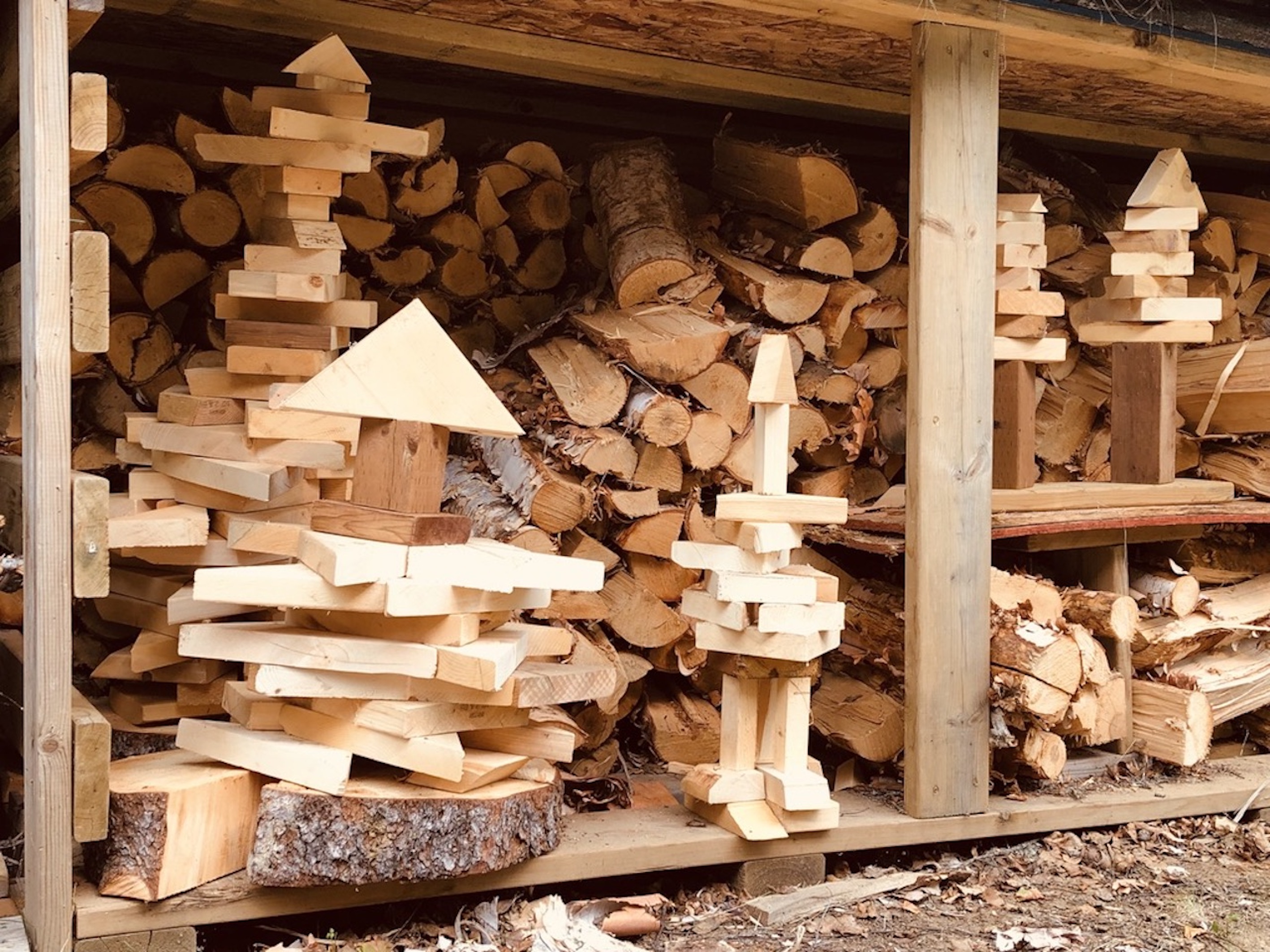School Mathematics and miyō-pimōhtēwin
DOI:
https://doi.org/10.25071/1916-4467.40669Keywords:
Indigenous mathematics education, school mathematics, narrative inquiry, Aboriginal education, miyō-pimōhtēwinAbstract
We want mathematics to be a process of miyō-pimōhtēwin (walking in a good way). Using a narrative inquiry methodology, we share our experiences working alongside two Cree elementary school teachers and the students in their mathematics classroom. The teachers taught principles that balance kohtawān (our spiritual being) and make curriculum into a relational space. The principles invite school mathematics to be learned and taught in a way that foregrounds self-awareness, doing things properly, learning new ways, being thankful, being humble, leaving problems behind you, helping yourself and keeping trying. This paper also demonstrates a promising practice of Indigenization in the mathematics classroom by providing a contextual way in which Cree students and teachers engaged in school mathematics in relational ways.
References
Battiste, M. (2013). Decolonizing education: Nourishing the learning spirit. University of British Columbia Press.
Battiste, M., & Henderson, J. Y. (2009). Naturalizing Indigenous knowledge in Eurocentric education. Canadian Journal of Native Education, 32(1), 5-18.
Brake, J. (2019, February). Canada unveils Indigenous languages bill to fanfare, criticism. ATPN News. https://aptnnews.ca/2019/02/05/canada-unveils-indigenous-languages-bill-to-fanfare-criticism/
Bruner, J. S. (1966). Toward a theory of instruction. Harvard University Press.
Caine, V., Estefan, A., & Clandinin, D. J. (2013). A return to methodological commitment: Reflections on narrative inquiry. Scandinavian Journal of Educational Research, 57(6), 574-586. https://doi.org/10.1080/00313831.2013.798833 DOI: https://doi.org/10.1080/00313831.2013.798833
Clandinin, D. J., & Caine, V. (2013). Narrative Inquiry. In A. Trainor & E. Graue (Eds.), Reviewing qualitative research in the social sciences (pp. 166-179). Routledge.
Clandinin, D. J., & Connelly, F. M. (2000). Narrative inquiry: Experience and story in qualitative research. Jossey-Bass.
Clandinin, D. J., & Murphy, M. S. (2009). Relational ontological commitments in narrative research. Educational Researcher, 38(8), 598-602. https://doi.org/10.3102/0013189X09353940 DOI: https://doi.org/10.3102/0013189X09353940
Clandinin, D. J., & Rosiek, J. (2007). Mapping a landscape of narrative inquiry: Borderland spaces and tensions. In D. J. Clandinin (Ed.), Handbook of narrative inquiry: Mapping a methodology (pp. 35-75). Sage. DOI: https://doi.org/10.4135/9781452226552.n2
Deer, F. (2013). Integrating Aboriginal perspectives in education: Perceptions of pre-service teachers. Canadian Journal of Education, 36(2), 175-211.
Dewey, J. (1997). Experience and education. Touchstone. (Original work published 1938)
Gaudry, A., & Lorenz, D. (2018). Indigenization as inclusion, reconciliation, and decolonization: Navigating the different visions for indigenizing the Canadian academy. AlterNative: An International Journal of Indigenous Peoples, 14(13), 218-227. https://doi.org/10.1177/1177180118785382 DOI: https://doi.org/10.1177/1177180118785382
Hiebert, J., Carpenter, T. P., Fennema, E., Fuson, K. C., Wearne, D., Murray, H., Olivier, A., & Human, P. (1997). Making sense: Teaching and learning mathematics with understanding. Heinemann.
Korteweg, L., & Russell, C. (2012). Decolonizing + Indigenizing = Moving environmental education towards reconciliation. Canadian Journal of Environmental Education, 17, 5-14. https://cjee.lakeheadu.ca/article/view/1226/642
Kovach, M. E. (2010a). Indigenous methodologies: Characteristics, conversations, and contexts. University of Toronto Press.
Kovach, M. (2010b). Conversational method in Indigenous research. First Peoples Child & Family Review, 5(1), 40-48. https://fpcfr.com/index.php/FPCFR/article/view/172/141 DOI: https://doi.org/10.7202/1069060ar
Kuokkanen, R. (2007). Reshaping the university: Responsibility, Indigenous epistemes, and the logic of the gift. University of British Columbia Press.
Mitchell, H. (2005). Nehithawak of Reindeer Lake, Canada: Worldview, epistemology and relationships with the natural world. Australian Journal of Indigenous Education, 34, 33-43. https://doi.org/10.1017/S132601110000394X DOI: https://doi.org/10.1017/S132601110000394X
Saskatchewan Ministry of Education, Curriculum E-Learning, Science Technology Unit. (2009). Mathematics 6 [Curriculum guide]. Saskatchewan Ministry of Education. https://curriculum.nesd.ca/Curriculum%20Documents/Math%206%20CD.pdf
Stavrou, S. G., & Miller, D. (2017). Miscalculations: Decolonizing and anti-oppressive discourses in indigenous mathematics education. Canadian Journal of Education, 40(3), 92-122. https://journals.sfu.ca/cje/index.php/cje-rce/article/view/2382
Truth and Reconciliation Commission. (2015). Honouring the truth, reconciling for the future: Summary of the final report of the Truth and Reconciliation Commission of Canada. Library and Archives Canada. http://www.trc.ca/assets/pdf/Honouring_the_Truth_Reconciling_for_the_Future_July_23_2015.pdf
Wildcat, D. R. (2001). Prelude to a dialogue. In V. Deloria & D. R. Wildcat (Eds.), Power and place: Indian education in America (pp. vii). Fulcrum Resources.
Downloads
Published
How to Cite
Issue
Section
License
Copyright (c) 2021 Stavros Georgios Stavrou 
Copyright for work published in JCACS belongs to the authors. All work is licensed under a Creative Commons Attribution-ShareAlike 4.0 International license.


